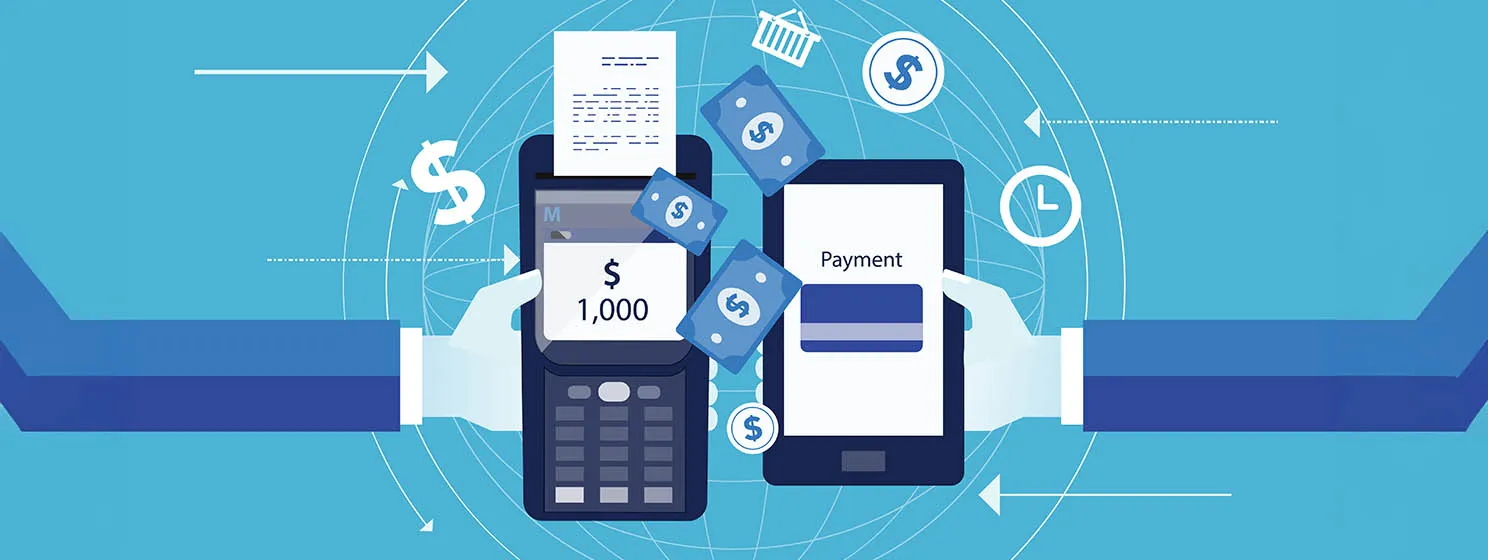
Tax
Kenya scraps 3% digital asset tax following industry uproar
Kenyan lawmakers first proposed halving the 3% tax, but concerted efforts from dozens of local VASPs have resulted in the...
Japan wants reforms to broaden appeal of digital asset investments
Japan's FSA created a working group to explore proposals related to taxation and the classification of digital assets to mirror...
India cracks down on ‘crypto’ tax evaders, seizes $327K
Indian authorities air their concerns over potential tax evasion and illicit financial flows after thousands failed to file their 'crypto'...
Brazil eyes monitoring ‘crypto’ transactions amid tax uproar
Brazil is looking into solutions to help authorities track digital asset transactions amid struggles to find common ground on regulating...
Philippines to implement ‘crypto’ tax framework by 2028
The Philippines will adopt an international reporting framework for "crypto" assets by 2028, aligning with global efforts to curb tax...
Spain tracks digital asset holdings for taxes under proposed law
The proposed law will also enable coordination with the tax authorities in other EU states and allow Spanish authorities to...
Recent
Trending
Most Views

 07-04-2025
07-04-2025 

























